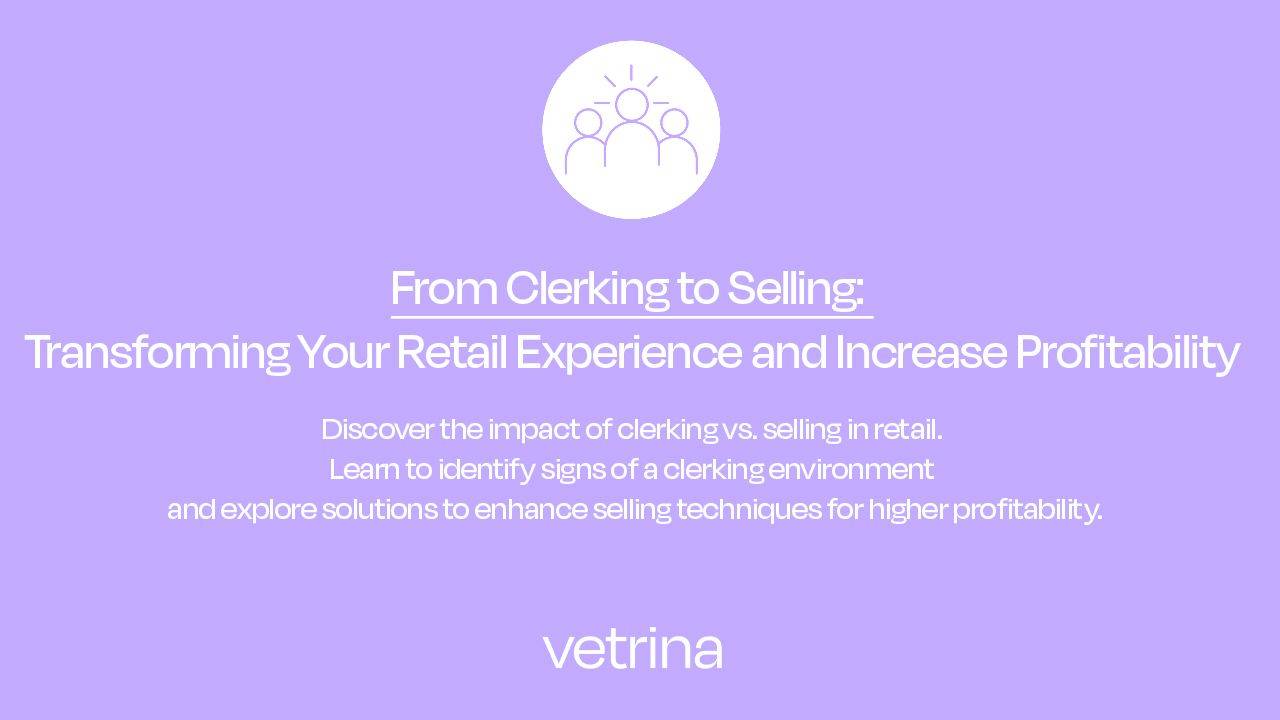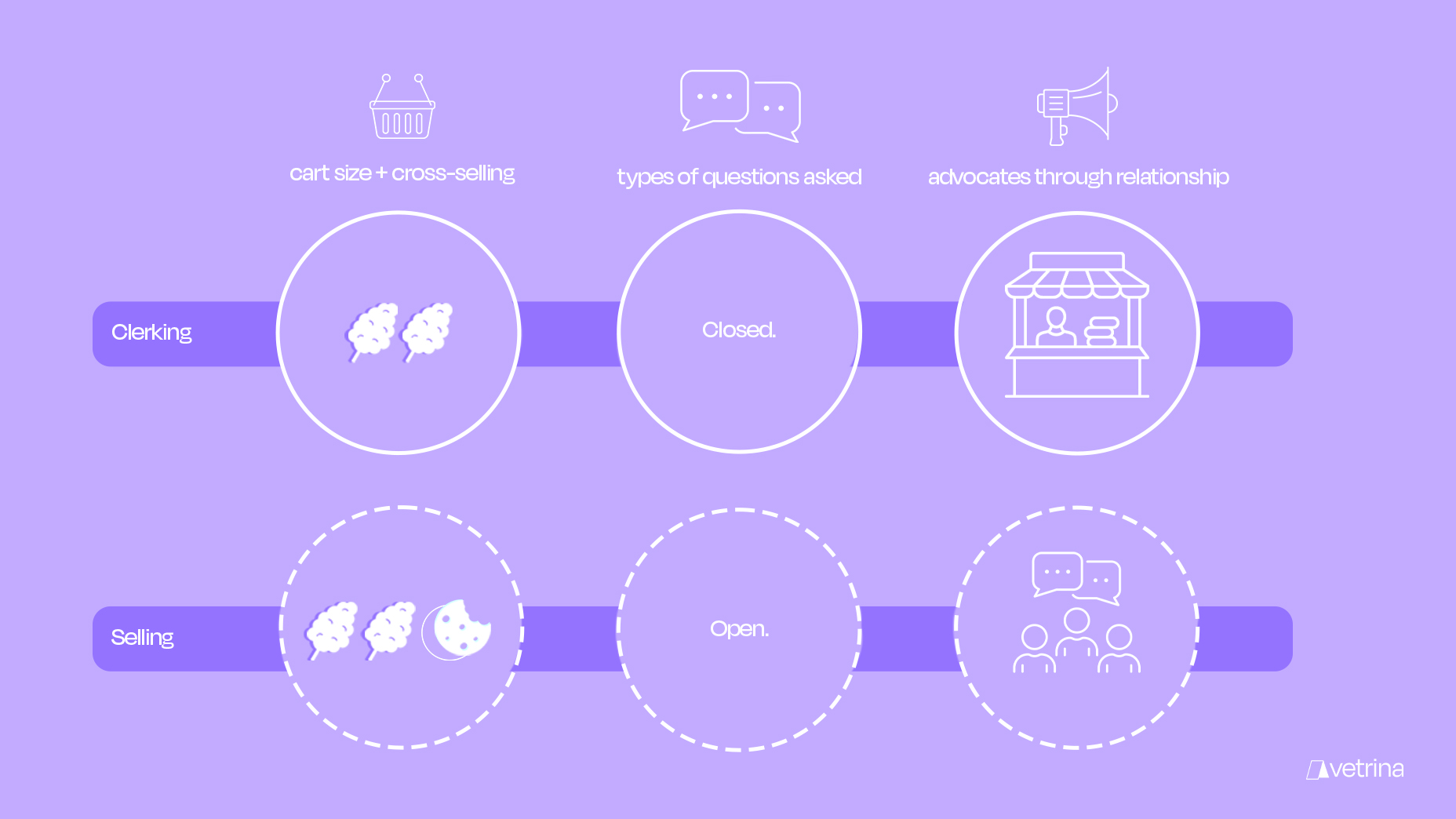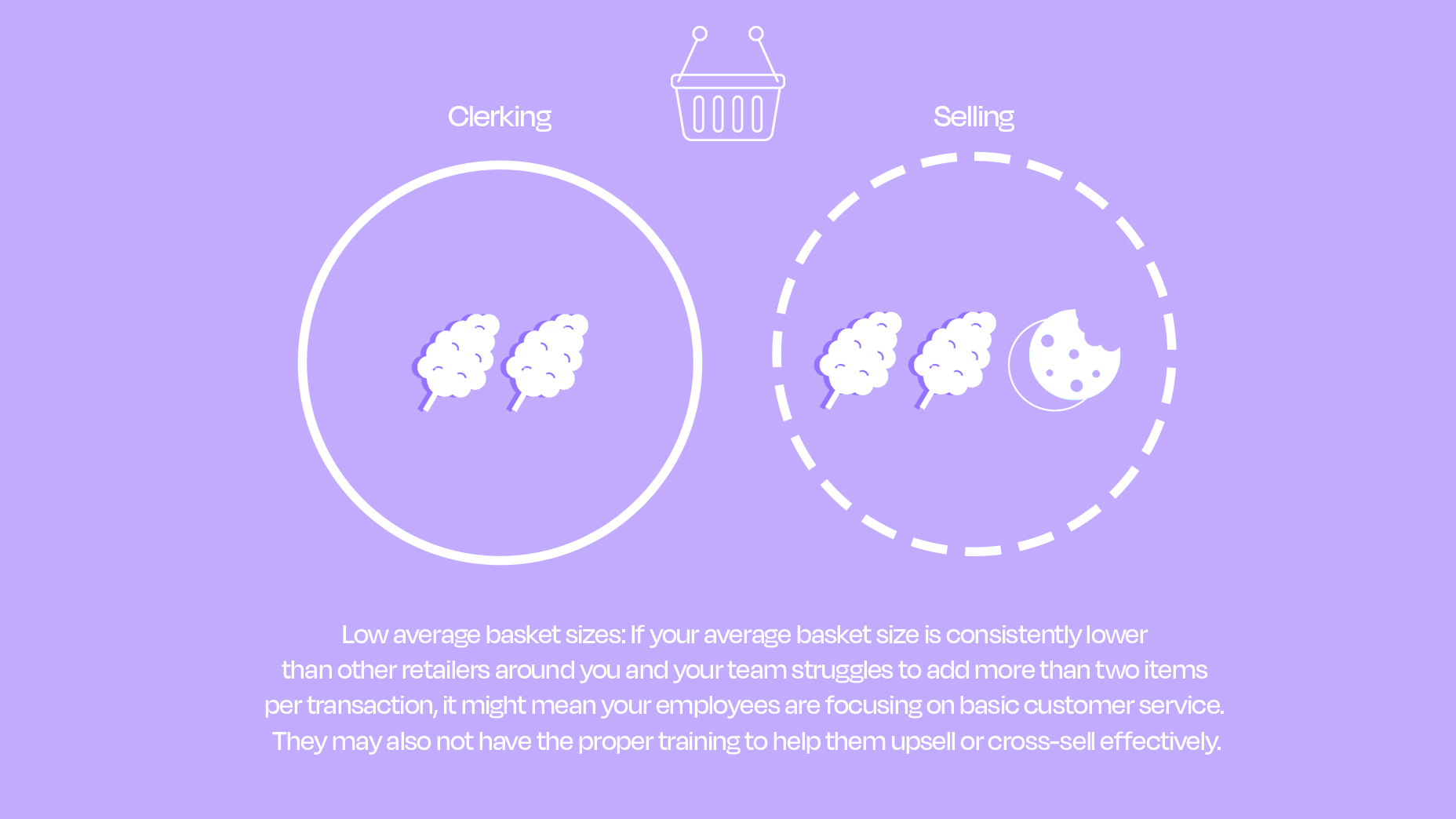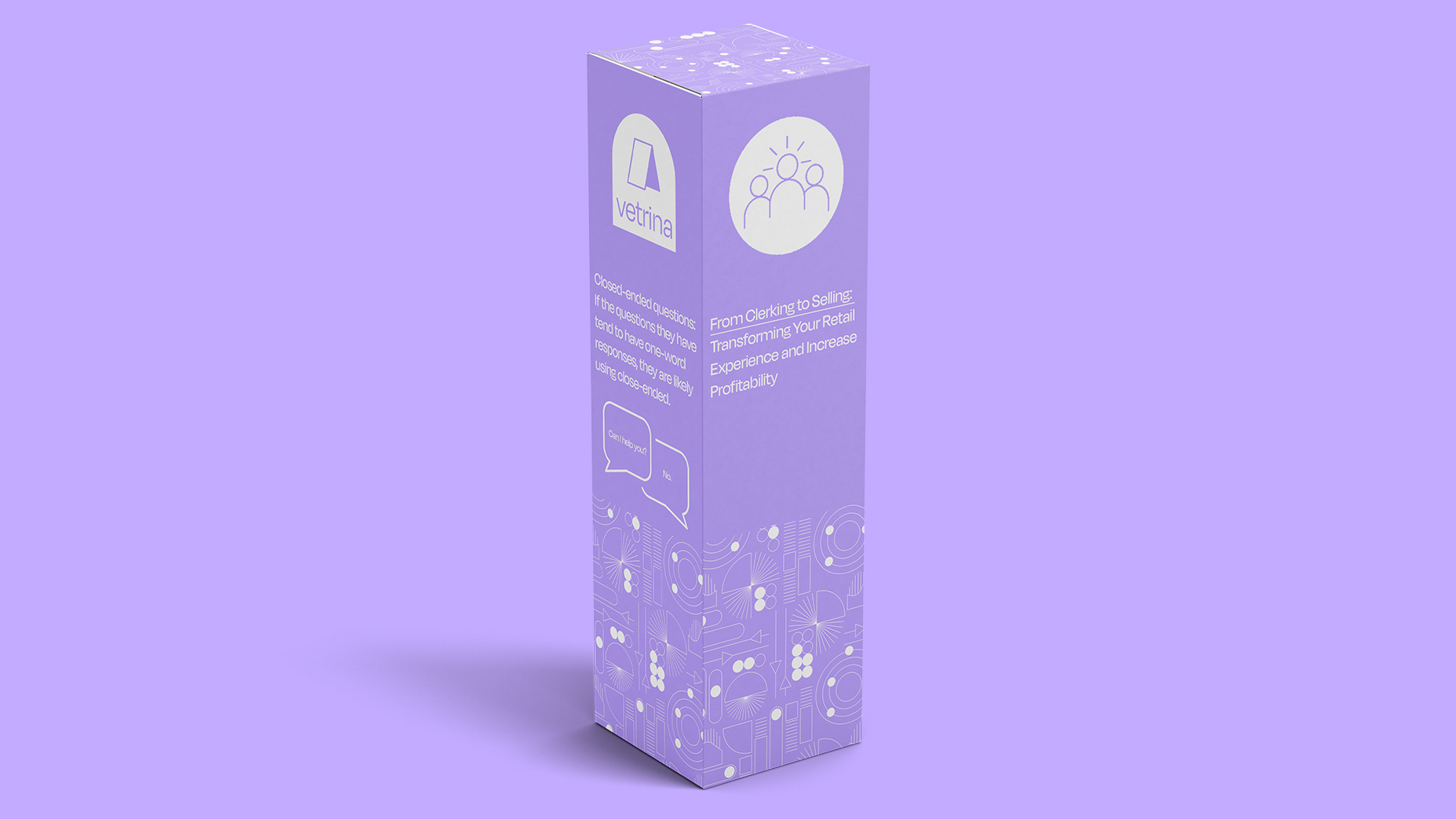
From Clerking to Selling: Transforming Your Retail Experience and Increase Profitability
Jun 12, 2023The Missed Opportunity: A Tale of Clerking
Shahbaaz Kara, a prominent figure in the cannabis industry and frequent content collaborator with Vetrina, shared a poignant anecdote about his uncle's disappointing experience at a cannabis store. He recounted a time when he convinced his uncle to go with him to a cannabis store. Despite mentioning to the employee that it was his uncle's first time in such a store, it quickly became uncomfortable for his uncle. Shahbaaz's uncle, a trusted micro-influencer with a significant disposable income, had a genuine curiosity about cannabis. However, the employee's embarrassing and upsetting questions missed the opportunity to build trust with him.
Ultimately, this negative experience led to his uncle's decision not to return, which is not surprising. For someone entering a cannabis shop, which can feel intimidating, it may take just one experience like this to keep them away.
A classic case of clerking, this story highlights the importance of providing proper training to employees, enabling them to consider different approaches that cater to customers' individual needs.
Simply being able to rattle off product information does not guarantee that a staff member can support the customer experience and journey at a retail location or for a brand.
Understanding the Difference: Selling vs. Clerking

Clerking is all about getting the product moving. It may not sound bad, but it primarily involves operational tasks. Don't get us wrong, you may have a great clerk on your team and value them immensely! They play a crucial role in supporting the sales process by keeping track of inventory, managing it effectively, organizing merchandise, handling transactions at the till, and providing basic customer service. They focus on the retail space operating smoothly and meeting customers' basic needs.
Selling, on the other hand, is about more than just moving products. It's about actively engaging with customers, understanding their needs and preferences, and guiding them toward making a purchase. A skilled salesperson is like a trusted advisor, equipped with product knowledge and persuasive communication skills. They build rapport with customers, provide thoughtful recommendations, address concerns or objections, and ultimately close the sale. Selling is all about actively promoting and influencing customer purchasing decisions, creating a positive and memorable shopping experience.
Who would you rather help you shop? And which employee is likely to build a relationship that leads to a loyal customer?
But how do you know if you have a clerking or selling happening?
Identifying a Clerking Environment

Picture in your mind a great bartender, what do they do? Now think of your typical experience at a gas station pump. Neither is bad, but there is a clear distinction. Bartenders have regulars, they problem-solve, and they make things feel personal. The attendant ringing you through at the station will answer your questions, be efficient and have you moving along. But you won’t wax and wane to your friends about the experience. Here are tell-tale signs to look for to determine if your retail location is clerking or selling:
Closed-ended questions: If the questions they have tend to have one-word responses, they are likely using close-ended.
Closed:
- "Are you looking for anything specific today?"
- "Is there a particular brand you prefer?"
- "Are you interested in the sale items?”
Open:
- "What brings you in today?”
- "How would you describe the experience you’re looking for?”
- "Tell me about the occasion you're shopping for.”
Low average basket sizes: If your average basket size is consistently lower than other retailers around you and your team struggles to add more than two items per transaction, it might mean your employees are focusing on basic customer service. They may also not have the proper training to help them upsell or cross-sell effectively.

Relationship building: Take a moment to gauge if your employees are really connecting with customers. Are they building rapport, engaging in personalized interactions, and establishing genuine connections? This leads to repeat and loyal customers that will spread the word about a positive experience.
If you identify that you have a clerking environment, what should you do? We asked Shahbaz, to share his expertise on the matter.
Solutions for Retailers: Improving the Selling Approach
- Create a discovery and persona framework to understand customer needs and establish rapport.
- Invest in budtender education tools that incentivize sales and product training.
- Leverage customer-centric language like "help me understand" and "can you tell me more" to facilitate the discovery process.
Solutions for Brands: Strengthening the Selling Message
- Develop laser-focused selling points with three key pieces of information (KPOOs) to ensure consistent messaging.
- Build meaningful relationships with budtenders to enhance brand advocacy.
- Train budtenders to reframe objections and turn them into opportunities for rapport building.
The Importance of Budtenders in Driving Customer Satisfaction
As the cannabis retail industry continues to evolve, prioritizing selling over clerking can be what sets you apart from the competition. By supporting your team and training them to have enhanced selling techniques you will be able to create a customer-centric environment that will build trust, boost sales, and encourage customer loyalty.
If this blog has you listening in to the conversations happening between your team and customers, make sure to subscribe to our newsletter. We help our subscribers tap into industry insights and recognize the signs of success to drive your business into higher profitability.

Tactical insights to become
a Cannabis Retail Insider!
Access expert insights in one easy-to-digest
and follow-along newsletter.
We hate SPAM. We will never sell your information, for any reason.

